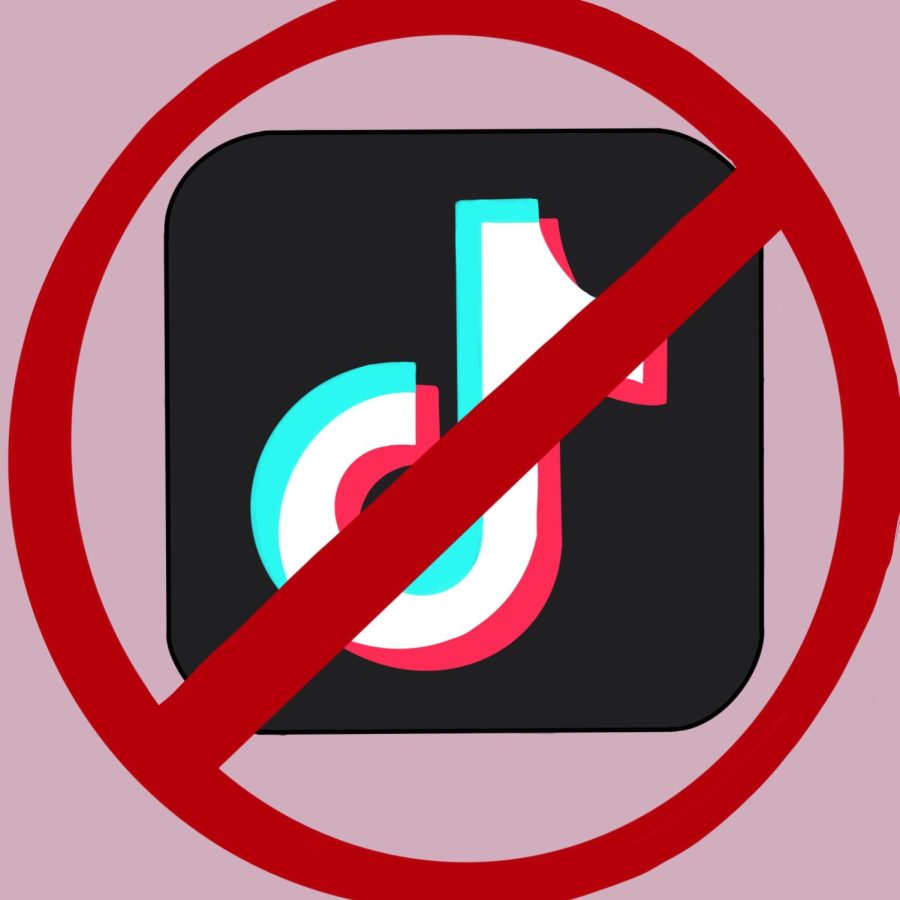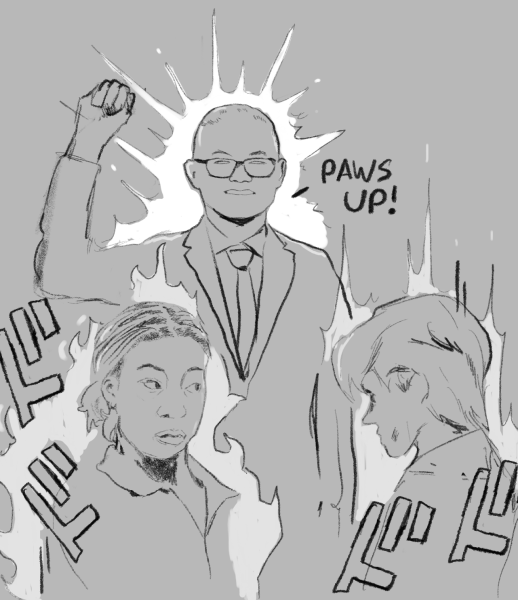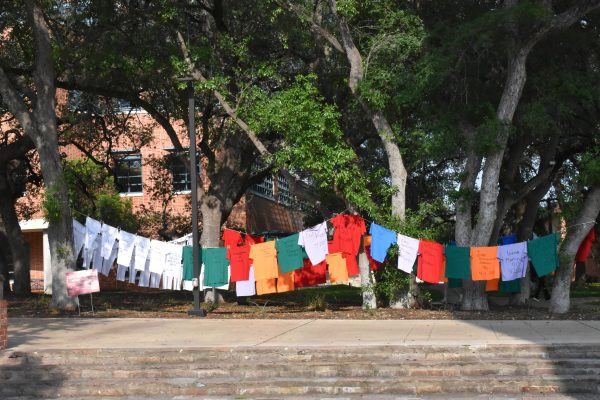TikTok access restricted at certain Texas colleges
The impact of Governor Abbott’s anti-TikTok executive order begins to play out for students
TikTok holds its spot as the number-one app for millions of people around the globe. However, some Texas students will find their access to the app limited following changes at some of the state’s largest universities. Schools such as the University of Texas at Austin (UT-Austin) and Texas A&M, among others, have implemented efforts to restrict access to the application on the universities’ Wi-Fi services. This restriction is directly following Governor Greg Abbott’s executive order at the end of 2022 banning the usage of TikTok on all government-issued phones and devices.
The government’s initial fear of TikTok arose from the app’s creators being the Chinese-based company ByteDance. Given the current information war going on between the United States and the Chinese Communist Party (CCP), Abbott and other politicians have been wary of the social media app since its relatively recent rise in popularity. To protect state information from potentially being breached by the CCP, Abbott issued the ban on Dec. 7, 2022.
As Kate McGee of the Texas Tribune detailed, Abbott’s instructions were distributed to state agencies on Jan. 15, with each agency expected to create its specific policies regarding the bans by Feb 15. The specific directions were issued to government employees, but they have already begun to impact public universities that are addressing the topic publically. UT-Austin emailed its students only two days after the instructions were emailed to state officials.
“The university is taking these important steps to eliminate risks to information contained in the university’s network and to our critical infrastructure. As outlined in the governor’s directive, TikTok harvests vast amounts of data from its users’ devices — including when, where and how they conduct internet activity — and offers this trove of potentially sensitive information to the Chinese government,” Jeff Nayland, technology advisor at UT-Austin, wrote in an email distributed to the student body.
Regardless of the changes made by public universities to address the accessibility of TikTok on their campuses, private universities continue to stick to the status quo. Trinity University and its Information Technology Services (ITS) have watched the growing development of the cybersecurity space. Individuals such as Ben Lim, Interim Chief Information Officer of ITS at Trinity, remain vigilant, but currently have no reason to act.
“Trinity, at this point, does not have any plan to ban TikTok. We are obviously looking into it in more detail. There is my team and our security team taking a deeper dive into it to see if there is something we need to do or not. And even then, there’s not much you can do to ban TikTok per se. It’s an app, and you can use it on your phone,” Lim said.
Given the difficulties that come with attempting to ban something as ubiquitous as TikTok, some have questioned the rationale behind these directives. As modern culture, especially among students, continues to become more focused on virality and trends, TikTok stands at the epicenter. Attempting to take away such an influential platform then becomes an even more daunting task. Daniella Canseco, a first-year English major, is a regular TikTok user. She was among those who were taken aback by the bans that are meant to be implemented in the future.
“My initial gut reaction was that I was surprised that it was colleges. I thought it’d be middle schools or something like that. I feel like that makes more sense. But I think that’s kinda a little bit intense for universities,” Canseco said.
The initial directive was aimed solely at government institutions, so this development regarding cybersecurity and the protection of data will continue to be left to each individual institution. At Trinity, ITS looks to continue to educate students and faculty as best they can to be wary of the dangers of the internet.
“I just want to say to all of you and to everybody else, just assume that everything that you put on the internet or any electronic thing is no longer private. … From a security standpoint, I just want to make sure that people are much more aware of what they are doing daily. Don’t just assume an email from someone is safe. … That’s the best advice I have for everyone,” Lim said.

My name is Joshua Mitra and I'm a sophomore planning to double major in political science and communications. I'm from Boise, Idaho and use he/him pronouns....

Hi guys! My name is Lily Zeng, and I am a sophomore from Memphis, TN majoring in Urban Studies with an interest in a Spanish major or minor. My favorite...











